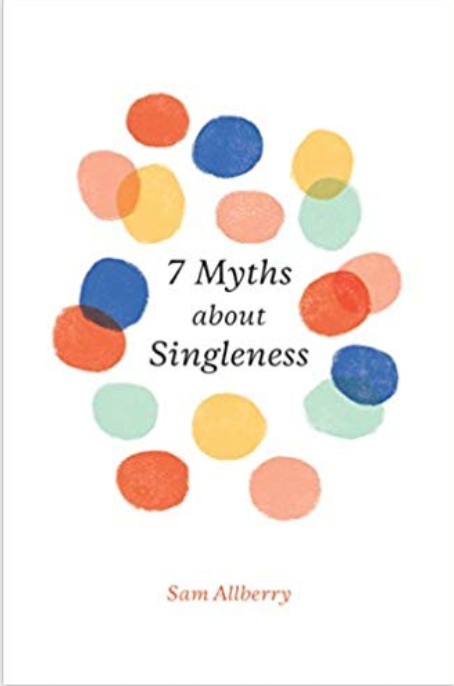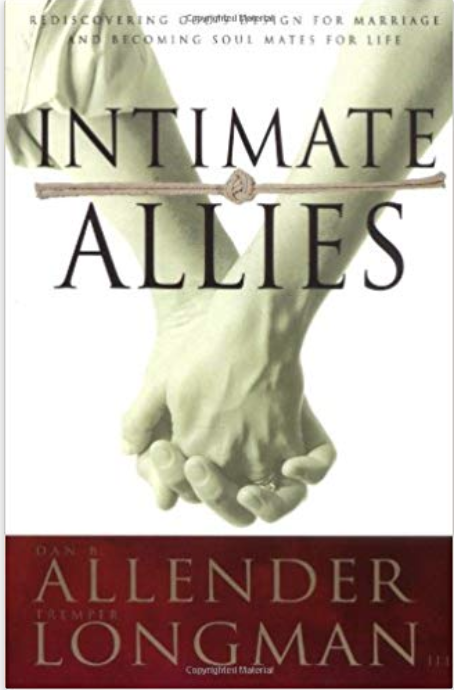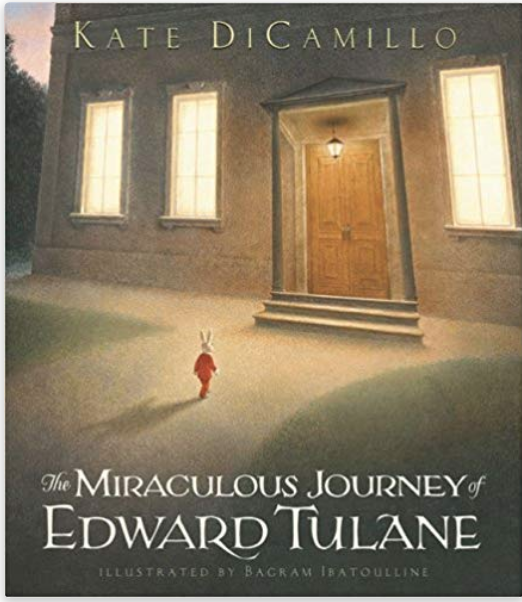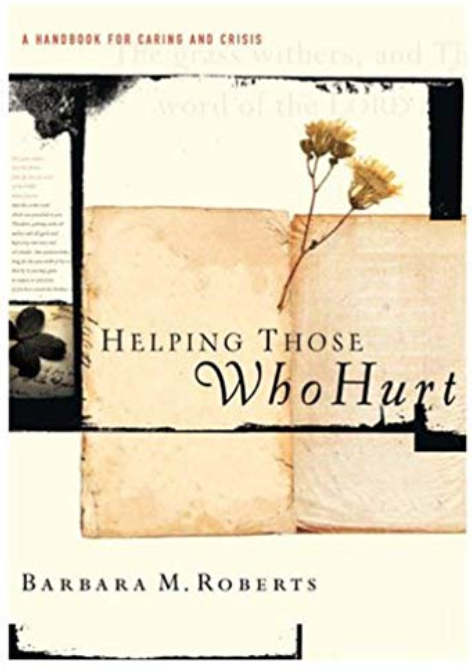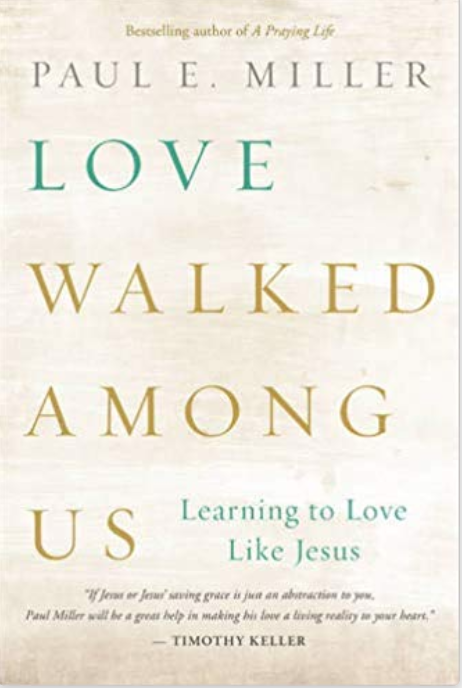Five Great Reads on Love
Five Great Reads on Love
“Love is not affectionate feeling, but a steady wish for the loved person’s ultimate good as far as it can be obtained.” C. S. Lewis, God in the Dock
To wrap up our February thinking about “love,” I offer you, my beloved readers, five books about love: single love, married love, rabbit love, caregiving love, and last but not least, Jesus’ love. I hope you’ll find at least one great read here.
7 Myths about Singleness
Sam Allberry
Because I’ve been married for thirty-seven years, it doesn’t often occur to me to read about the single life, and for that, I apologize to all of my single friends, family, and readers. Sam Allberry, a single pastor, starts with the premise that singleness is a good thing. Sadly, too many Christians see singleness as somehow “less than” God’s full design. Allberry delineates seven myths about singleness, inviting readers, both married and single, to consider what it looks like to live a fruitful and full life as a single and to welcome and respect singles in a culture that too often overemphasizes marriage and family.
Intimate Allies
Dan Allender & Tremper Longman III
Instead of telling us “how to do marriage,” Allender and Longman tell us how God does marriage. The authors trace the history of marriage back to the first man and first woman, shows how everything went awry and how the Fall affects marriages today. Then they show the hope for marriage in the redemption of Jesus Christ. One of my favorite phrases from this book is about “calling one another to glory.” Marriage, Dan Allender and Tremper Longman III suggest, is not about our happiness; it’s about God’s glory. But we can take heart, because, as we grow together in glorifying God, happiness does come!
The Miraculous Journey of Edward Tulane
Kate DiCamillo
Because we all need to read more children’s books, and to become more like a little child…This is one of my favorite children’s stories that has profound truths for adults. I don’t want to give too much away, so I’ll simply say that it is about a vain stuffed rabbit who is humbled through much suffering. And it’s about learning how to love. Read it. Preferably in the hardback edition with the beautiful illustrations by Bagram Ibatoulline.
Helping Those Who Hurt
Barbara M. Roberts
This classic by Barbara M. Roberts, Director of the Caring Ministry at Cherry Creek Presbyterian Church, is a helpful reference for all who minister to the hurting. With concise chapters on illness and aging, death, grief, addiction, rape, and many other crises, Barbara clarifies the needs in each context and offers practical counsel for a loving response. She ends with a chapter on forgiveness, a necessary aspect of the healing process. This book is about ten years old now; the only thing I could wish for is an updated version of it.
Love Walked among Us
Paul Miller
This is my favorite book on how Jesus loves, and on how we grow in love as we love like Jesus. A wonderful storyteller, Miller retells the true stories of how Jesus loved various people like the Samaritan woman, Mary and Martha, and even his enemies, the Pharisees. In the stories we discover that we can love as Jesus loved—by looking and listening, speaking the truth in love, depending on God, and dying to ourselves.

